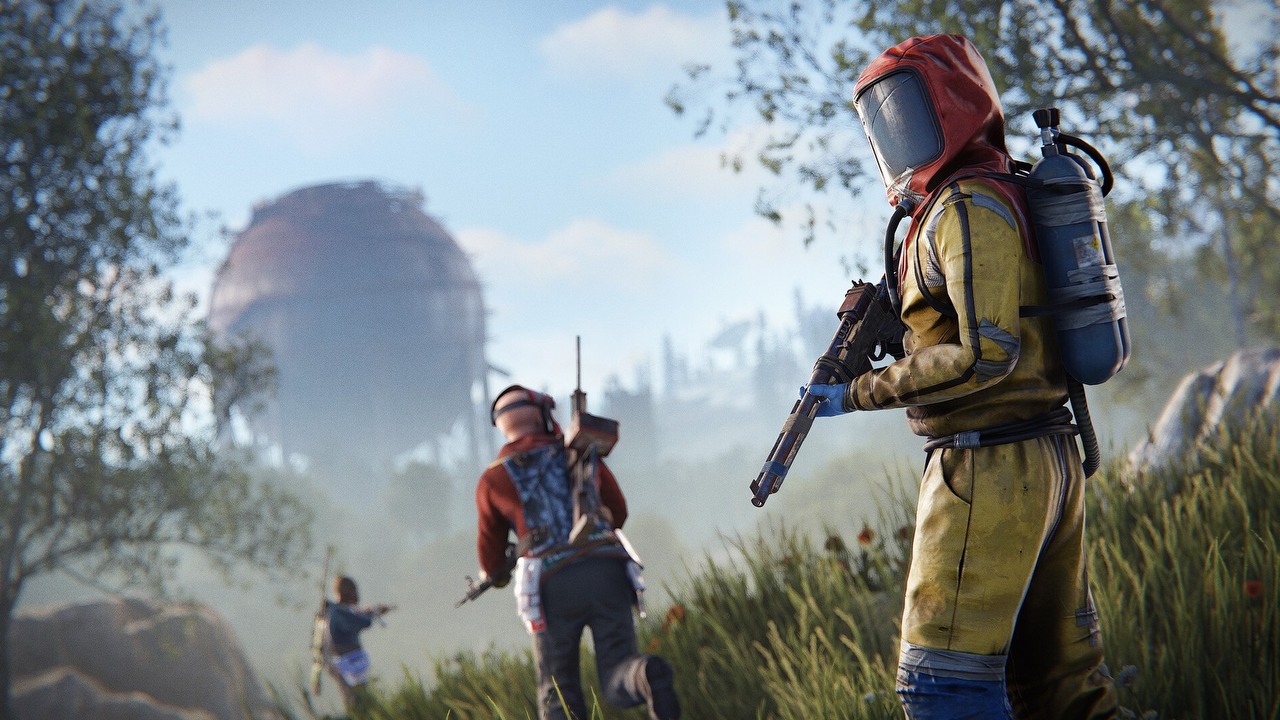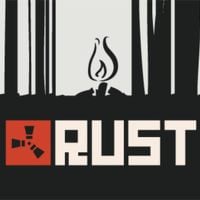Rust sets new popularity record after 11 years of success
Rust is now more than 11 years old, but for good measure, the game broke its own activity record in 2025. The developers discussed their development plans, including an unusual proposal to limit the number of cheaters.

After 11 years, Rust broke its activity record on Steam. Yesterday, more than 262,000 players were enjoying themselves at the same time in the game by Facepunch Studios. The previous record was set nearly four years ago with 245,243 players in the game (via SteamDB), and it's worth noting that the title is also available on Sony and Microsoft consoles.
Partly, this may be the effect of the Steam winter sale, during which Rust could be purchased for half the price (a similar effect was had by the huge discount on The Forest). However, this is probably only part of the truth: the discount lasted from December 9 to January 2. Meanwhile, the number of players suddenly increased just yesterday, not preceded by a gradual daily "peak" increase on Steam in the previous days.
It's possible that the recent actions of the devs helped here - specifically the official summary of the game's development and the wipe of servers after Christmas.
Rust always alive
Rust is one of the old Steam hits, which despite its age (or maybe because of it) dominates the Steam charts. Facepunch studio's creation doesn't typically make it into the top five or reach the extraordinary results of Counter-Strike, but the game consistently ranks among the 20-30 most popular titles on Steam. At the time of publishing this text, Rust ranked 6th in terms of the number of players in the game.
Therefore, the devs have reasons to be pleased and proudly shared Rust's achievements in 2024. Even though the Early Access launch and the full game release don't occur in January, Facepunch studio decided it's time to recap 11 years of game development. The post (also available on Steam) contains thanks to the fans, but also a handful of statistics.
In 2024 alone, about 5.5 million unique users spent over 40 million hours in Rust across more than 325 million sessions. The game also received an update package, including World 2.0, 5 new weapons, and over 300 quality of life improvements.
Cheats, content and optimization
The team also didn't fail to mention their future plans, which include a "primitive" gameplay mode in February and many other new features. However, a lot of space in the post was devoted to addressing other issues: optimization, old content, and cheaters.
In terms of performance, the devs made the matter clear. There is no "magic button" to improve it. In recent months the team has hired a lot of people whose sole task is to improve the optimization of Rust, and they will be sharing information about updates to this aspect of the game. Nonetheless, the developer emphasizes that it is a "slow process of small progress," laboriously achieved through minor changes introduced month by month.
The fight against cheaters looks similar. The creators don't want to reveal anything specific (for obvious reasons), but they are constantly cooperating with Epic Games, which results in updates to the cheat detection system almost every month. However, a side effect of such a strategy is a lack of communication with players, which makes it look like the developers are doing nothing in this regard.
Meanwhile, in 2024 alone, almost 300,000 accounts were banned, including over 233,000 "permabans." The studio is also present on social media, and most of the "banned" cheaters said goodbye to the game within 12 hours of playing.
Premium servers as a way to defeat cheaters?
The developers also have a question for the players about the possibility of launching premium servers. The studio notes that most cheaters use Rust accounts with equipment valued under 20 dollars, whereas many regular players have inventories that have long surpassed this amount. Hence the idea of creating special servers only for people with such or more advanced equipment.
For now, Facepunch Studios wants to find out if fans would be interested in such an initiative at all. Judging by the comments online, players have serious concerns about this idea.
Some of them even accuse the devs of using this as a way to effectively profit from cheaters by encouraging them to spend money on the game. Others are worried whether cheaters will simply sell their valuable skins. However, it should be added that the block by Valve Anti-Cheat (VAC) prevents the exchange of items on Steam. So the cheaters would have to get rid of their possessions in advance, and they would still risk losing their skins in case of a faster reaction from the developer.
By the way: in September, a continuation of Rust was announced, which will definitely not be developed on the Unity engine.
0

Author: Jacob Blazewicz
Graduated with a master's degree in Polish Studies from the University of Warsaw with a thesis dedicated to this very subject. Started his adventure with gamepressure.com in 2015, writing in the Newsroom and later also in the film and technology sections (also contributed to the Encyclopedia). Interested in video games (and not only video games) for years. He began with platform games and, to this day, remains a big fan of them (including Metroidvania). Also shows interest in card games (including paper), fighting games, soulslikes, and basically everything about games as such. Marvels at pixelated characters from games dating back to the time of the Game Boy (if not older).
Latest News
- End of remote work and 60 hours a week. Demo of Naughty Dog's new game was born amid a crunch atmosphere
- She's the new Lara Croft, but she still lives in fear. Trauma after Perfect Dark changed the actress' approach to the industry
- „A lot has become lost in translation.” Swen Vincke suggests that the scandal surrounding Divinity is a big misunderstanding
- Stuck in development limbo for years, ARK 2 is now planned for 2028
- Few people know about it, but it's an RPG mixing Dark Souls and NieR that has received excellent reviews on Steam, and its first DLC will be released soon


